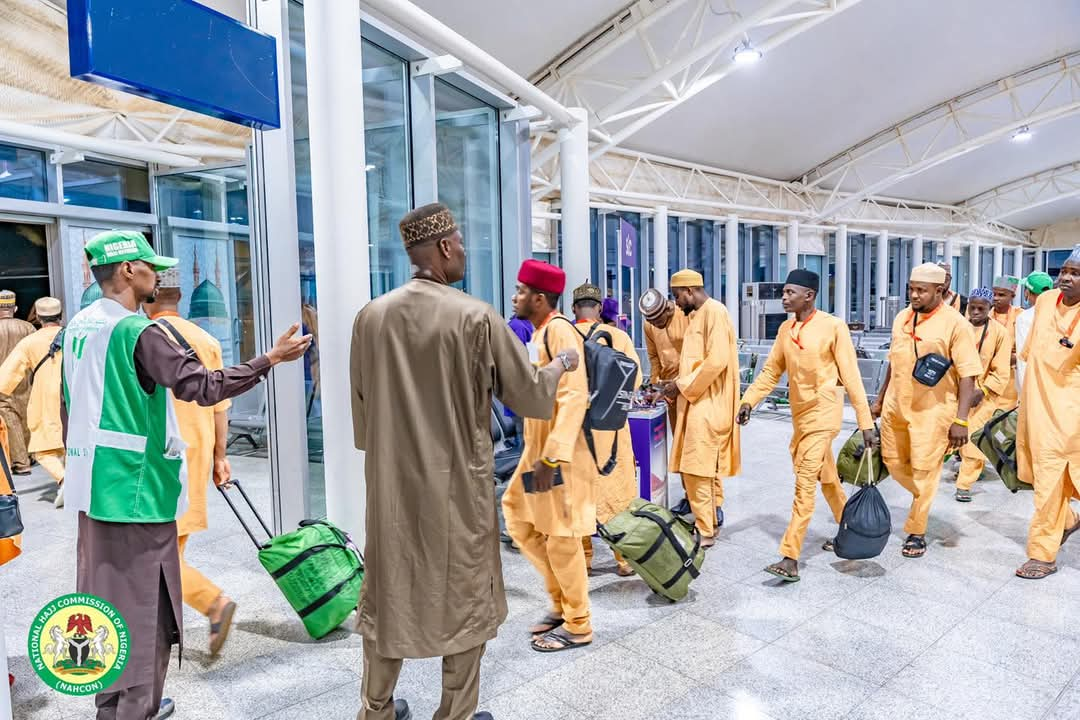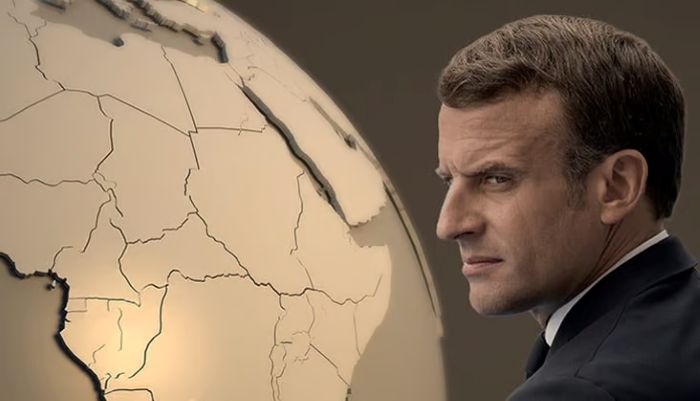From Ukraine to Mali: How Russian mercenaries are expanding their influence in Africa, By
As Wagner’s evolution continues, legal and investigative efforts remain crucial in exposing and dismantling its operations. Whether through courtroom battles or diplomatic pressure, the fight against Russian mercenary influence in Africa is far from over.
Russian mercenaries, particularly the Wagner Group, have played a destabilising role in conflicts across Africa, employing the same brutal tactics they honed in Ukraine. Since the group’s inception, it has acted as a hybrid arm of the Kremlin, securing strategic resources, propping up authoritarian regimes, and committing war crimes with near-total impunity. However, following the death of its founder, Yevgeny Prigozhin, Wagner’s operations are undergoing a transformation, raising questions about Russia’s future military presence on the continent.
As Moscow moves to solidify its grip on Africa through new military partnerships, Wagner’s influence continues to cast a long shadow over fragile states, from the Sahel to the Central African Republic.
Wagner’s Financial and Strategic Foundations
According to Ukrainian military expert, Ivan Stupak, Wagner’s influence rested on two key pillars: unlimited state funding and Prigozhin’s personal charisma. “No other private military company in Russia gained the same level of authority, visibility, and respect,” he said. “Before Prigozhin’s death, Wagner had an annual budget of around $2 billion, funded through a mix of state transfers and revenue from catering contracts and illicit resource exploitation.”
This financial backing enabled Wagner to establish operations beyond Russia’s borders, notably in Africa. In exchange for military support, Wagner gained access to lucrative natural resources, including gold and diamonds, often under highly favourable agreements brokered at the state level.
The African Footprint: Security and Resource Extraction
Wagner’s most entrenched presence in Africa has been in the Central African Republic (CAR) and Mali, where it provided regime protection and counterinsurgency operations, while securing economic benefits. Lou Osborn, an investigator from INPACT (formerly All Eyes on Wagner), detailed how Wagner established a deeply embedded structure in CAR. “They began by providing training to the National Guard and protecting the president,” she explained. “From there, they expanded into strategic communications, mining, and even local industries like beer and coffee production.”

Osborn identified patterns in Wagner’s expansion: the group often conducted geological surveys before launching information campaigns to shape public perception. This was followed by government-to-government negotiations that allowed Wagner to enter under the guise of official Russian support. “Wagner was never just about military operations,” Osborn noted. “They were about economic dominance and political control.”
While Wagner’s presence is most pronounced in CAR and Mali, Osborn pointed out that its influence has also extended to West Africa, including Nigeria, though in a more subtle manner. “We haven’t identified Wagner fighters on the ground in Nigeria, but we have seen disinformation campaigns, troll farms, and influence operations aimed at shaping public opinion,” she revealed. “There have been attempts to manipulate narratives and sway public discourse, even if there is no confirmed physical presence of Wagner operatives.”
Osborn emphasised the importance of African nations maintaining the ability to choose their own partners freely. “We believe it’s great that African countries have choices in who they work with,” she said. “We don’t advocate for them to pick one type of partner over another. What’s important is that they retain bargaining power and don’t lock themselves into dependency on just one actor, as we’ve seen in CAR, where they moved from France to Russia and lost flexibility.”
War Crimes and Civilian Atrocities
Wagner’s military campaigns in Africa have been marked by widespread human rights abuses. The group has been implicated in mass killings, torture, sexual violence, and ethnic targeting, mirroring its actions in Ukraine. “We’ve documented cases where they used explosives inside corpses, took disrespectful photos of dead bodies, and systematically targeted ethnic minorities like the Fulani and Tuareg,” Osborn revealed.
One of the most notorious incidents was the 2022 Moura massacre in Mali, where Malian forces and Wagner mercenaries allegedly executed between 300 and 600 civilians. Despite international outcry, the Malian government has refused to cooperate with investigations, allowing Wagner to operate with impunity.

Legal Efforts to Hold Wagner Accountable
Renowned human rights lawyer, Jason McCue, is at the forefront of legal efforts to dismantle Wagner’s financial network. He emphasised that targeting Wagner’s financial enablers is the most effective way to neutralise the group. “Wagner is a business. Without money, it dies,” he said. “That’s why we need to hammer its financial backers – both state and private sector actors who enable its operations.”

McCue is pursuing legal cases that draw parallels between Wagner’s looting of Ukrainian industries and its resource exploitation in Africa. “Companies that knowingly – or even recklessly – facilitate Wagner’s transactions must be held liable under international laws,” he explained. “Turning a blind eye is no excuse.”
His strategy includes using universal jurisdiction to issue arrest warrants of Wagner commanders and leveraging asset seizure mechanisms to compensate victims. “African governments that collaborate with Wagner could also be held accountable if it’s proven they facilitated war crimes,” McCue added.
The Post-Prigozhin Era: A Shift in Strategy
Since Prigozhin’s death, Russia has sought to maintain continuity in Wagner’s African operations. “When you speak to officials in CAR or Mali, they don’t refer to Wagner,” said Osborn. “They talk about ‘Russian instructors.’ Russia has rebranded its presence, replacing Wagner with Africa Corps or Wagner Legion, entities linked to the Russian Ministry of Defense.”
While Wagner’s structure may have changed, its objectives remain the same. “The Kremlin now openly negotiates security agreements, sending Russian defence officials on official visits to Mali, Burkina Faso, and Niger,” Osborn noted. “This is a shift from the previous deniability strategy – Russia now fully owns its role in Africa.”
Future Challenges and Growing Competition
Despite Russia’s deepening involvement, Wagner faces new challenges. “Turkey is emerging as a major competitor,” Osborn highlighted. “They offer cutting-edge drone technology, come with an economic package, and appeal to African governments with their Muslim-world solidarity.”
Internally, Wagner-backed regimes in Mali and Burkina Faso are struggling to contain growing insurgencies. “There is more terrorism now than before Wagner arrived,” Osborn said. “At some point, public dissatisfaction could lead to political shifts that undermine Russia’s influence.”
A Call for Strategic Legal Action
McCue believes the best path forward is a comprehensive lawfare approach – targeting Wagner’s finances, legal enablers, and political clients. “We have to make it painful for governments and corporations that work with Wagner,” he insisted. “If you deal with Wagner, you shouldn’t be able to buy property in London or shop in Paris. It’s that simple.”

As Wagner’s evolution continues, legal and investigative efforts remain crucial in exposing and dismantling its operations. Whether through courtroom battles or diplomatic pressure, the fight against Russian mercenary influence in Africa is far from over.
Alyona Martyniuk writes from Ukraine.








